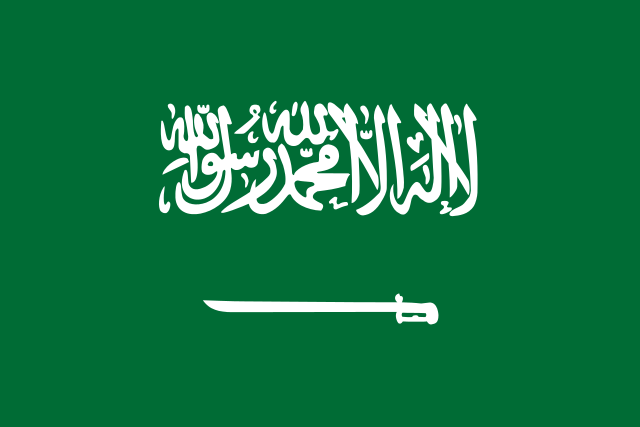Serious news about the “trust-fund terrorist” and the attempted Christmas Day bombing (NYT):
[…] the Saudi arm of Al Qaeda claimed responsibility for the attempted attack and said it was in retaliation for recent American-backed attacks on its members in Yemen, according to the SITE Intelligence Group, which tracks militant Islamist Web sites.
In a statement issued on jihadist forums, Al Qaeda in the Arabian Peninsula boasts the success of the “Nigerian brother” in breaking through security barriers and of its own explosives technology, SITE reported, blaming a technical fault for the low-power detonation. The group has mounted attacks within Yemen and Saudi Arabia and in 2004, captured and beheaded a 49-year-old American engineer working in Riyadh, Paul M. Johnson Jr.
Government terror experts said the Qaeda claim was apparently legitimate.
This announcement comes on the heels of rising rhetoric and news attention to terrorists based in Yemen. President Obama himself today implied that the US would be increasing military action in Yemen in response to this attack:
We will continue to use every element of our national power to disrupt, to dismantle and defeat the violent extremists who threaten us, whether they are from Afghanistan or Pakistan, Yemen or Somalia, or anywhere they are plotting attacks against the U.S. homeland.
We already have the CIA and special forces involved there. We conducted cruise missile strikes there ourselves, and we helped the Yemeni army’s attacks on terrorists. So this new bombing attempt looks like it will set in motion even more involvement.
However, this raises a more serious question about our priorities. Obama lists Afghanistan, Pakistan, Yemen, and Somalia. But what about Saudi Arabia? Osama bin Laden and many of the leaders in and financiers of al Qaeda hail from Saudi Arabia. Fifteen of the nineteen 9/11 hijackers were Saudi Arabian. These connections have long been known. Now the Saudi Arabian branch of al Qaeda (Al Qaeda in the Arabian Peninsula) is claiming responsibility for planning and nearly executing a large bombing in the US. Another attack plan, another Saudi link. At what point do we stop trying to solve everything with airstrikes on disorganized countries with much lower oil exports, which the group claims was the motivation here specifically, and face the facts that our oil-rich “ally” is a serious threat to our security?
Yes, Al Qaeda in the Arabian Peninsula (a merger of Al Qaeda in Yemen and Al Qaeda in Saudi Arabia) includes Yemen in its sphere of operations, but they’re primarily aimed at bringing down the Saudi monarchy, so that’s their big target and Yemen is just a base of operations. However, we’ve entangled ourselves by aiding Yemen and the Saudi regime, and thus we’ve drawn the terrorists’ attention back onto the United States. I can see how there’s an argument that we don’t want Salafist radicals to seize control of the Arabian Peninsula… but it still seems like we’re just in it for the oil, which is why we continue to prop up an unjust, undemocratic, unpopular regime in Saudi Arabia, rather than pressuring the government to make reforms that would undercut the radicals. Basically, we’re taking the most expensive and most dangerous route on dealing with radicalism in the Middle East by ignoring the Saudi problem. Bombing more of Yemen will just make things worse and won’t get to the root of the problem.
This post originally appeared on Starboard Broadside.




